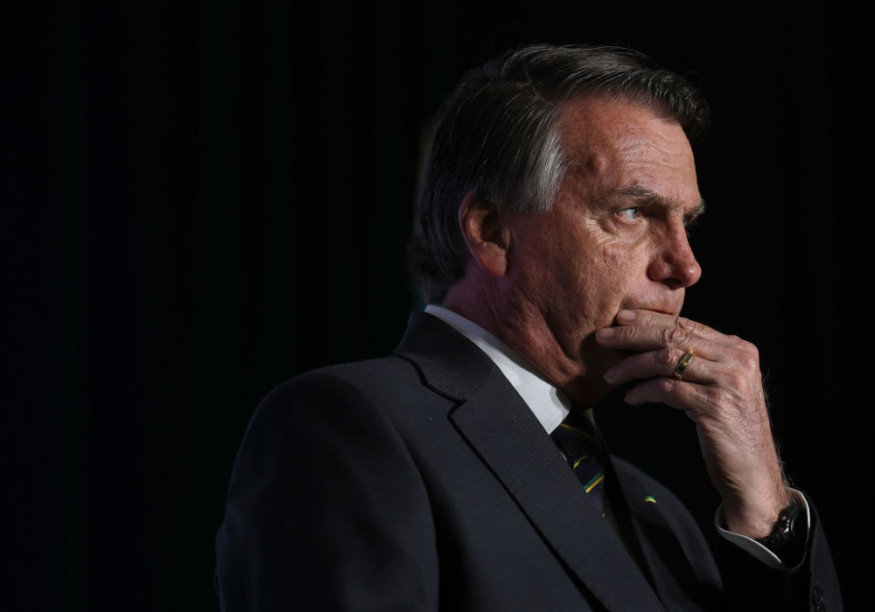Former Brazilian President Jair Bolsonaro Under Investigation Over Alleged Coup Attempt
Jair Bolsonaro Ordered to Surrender His Passport to Authorities Over Alleged Coup Attempt After Election Defeat

Brazil's former President Jair Bolsonaro, and several of his top allies, are under investigation for an alleged coup attempt after the 2022 elections. This Thursday, the former president surrendered his passport to the authorities, and it's under orders to stay in the country and avoid all contact with officials under investigation.
The Brazilian Police released a statement this Thursday, announcing the launch of an Tempus Veritatis operation to "investigate the criminal organization that acted in an attempt to stage a coup d'état and abolish the Democratic Rule of Law, in order to gain political advantage by keeping the then President of the Republic in power." Officials added that the targets of Thursday's operation "formed a group in 2022 spreading claims of electoral fraud even before the election took place to legitimize a military intervention."
The group was also suspected of interfering with police investigations, some of which targeted or involved two of Bolsonaro's son, Jair Renan and Flavio Bolsonaro.
33 search warrants were served and four people arrested, among them Bolsonaro's former international affairs adviser, Filipe Martins. Police have not revealed the names of those under investigation, but Bolsonaro's lawyer, Fabio Wajngarten, confirmed he's a suspect. The former president has not been arrested, nor charged.
Bolsonaro has refused to concede the presidency to elected President Luiz Inácio Lula da Silva, pinning his loss to a faulty and untrustworthy electronic voting system, fueling protests across the country.
He and his political party filed a request to annul ballots cast on most electronic voting machines, which would have overturned results.
The request was rejected by the head of Brazil's electoral authority, Alexandre de Moraes, wrote in his decision that the challenge "appeared aimed at incentivizing anti-democratic protest movements and creating tumult."
Subscribe to Latin Post!
Sign up for our free newsletter for the Latest coverage!















